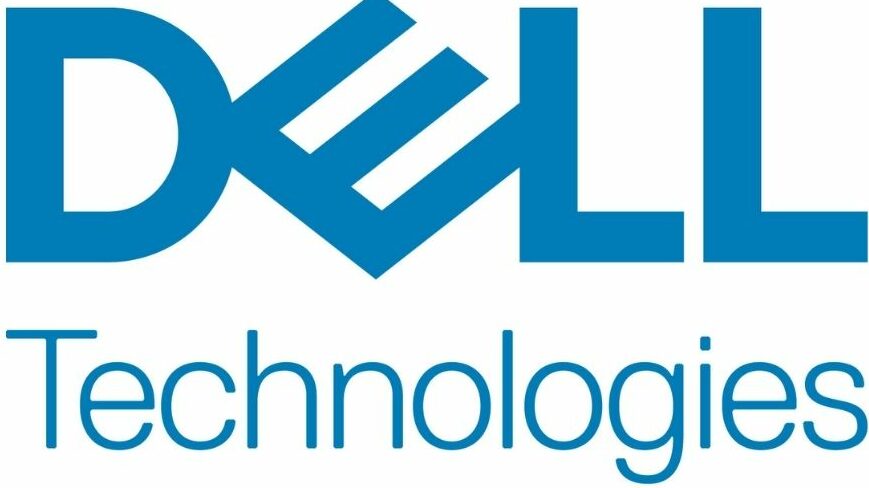Dell Technologies India today announced the launch of Dell EMC PowerScale F900 to support demanding data workloads with modern, high-performance all-flash and all-NVMe configurations. It includes OneFS 9.2 that provides a performance boost to F200 and F600.
Today’s most demanding unstructured data workloads – such as massive graphics and video files, large repositories of analytical, research, genomics, and AI data; electronic design automation for semiconductors; high-performance computing (HPC) – are difficult for many storage systems to handle as they require massive amounts of CPU and GPU processing power and the ability to scale capacity and performance seamlessly. According to recent research from the Enterprise Strategy Group (ESG), big data/data lake repositories for unstructured data are among the top three workloads IT managers were investing in to keep pace with the demands of a digital business. Additionally, businesses today need low-latency, high-performance access to the bulk of their corporate file data, not just subsets of it. File storage must not only be big, but fast, and simple to manage as well. Another section of research from ESG shows these requirements are leading to an increase in all-flash data lakes.
With the Dell EMC PowerScale F900, Dell Technologies is furthering its leadership in the data storage arena with the introduction of the most powerful node yet.. It addresses the demands with its most powerful all NVMe platform—the PowerScale F900—and its new release of the PowerScale OneFS operating system.
Powering up the all-flash line-up with the F900
The F900, the latest addition to PowerScale all-flash lineup, features dual-socket cascade lake processors, all-NVMe flash, and NVIDIA GPUDirect compatibility to handle the most data-intensive workloads. As a result, businesses will get more power and scale through blazing fast all-NVMe, support for GPU accelerated applications, and the ability to easily scale up to 93 PB in one cluster. Simply put, the F900 is designed to be the workhorse of modern, high-performance data lakes.
With this new release, users get more flexibility and choice for unstructured data storage needs in the edge, core, and public cloud. With the PowerScale OneFS operating system, users can easily add in new F900 nodes or replace old nodes with new PowerScale nodes, all while having seamless compatibility with existing Isilon clusters. Furthermore, PowerScale’s all-flash offerings provide options to support both on-premises and public cloud workloads, and users can consume the technology as an appliance.
PowerScale: Always Simple, Flexible, and Reliable
The newly announced PowerScale OneFS 9.2 speeds up PowerScale F200 (edge/entry nodes) by 25% and F600 (all-NVMe compact performance nodes) systems by 70% for sequential reads[i]. In addition, with the remote direct memory access (RDMA) support for applications and clients with network file systems (NFS) customers benefit from accelerated GPU-powered applications, significantly higher throughput performance, and low latency communication, especially for a single connection and read-intensive workloads.
With PowerScale, customers get the added benefits that come with the Dell Technologies world-class ecosystem including over 250 ISV partner integrations and certifications across AI, HPC, analytics, backup, data management, safety and security, autonomous driving, and genomics.
Also read:









